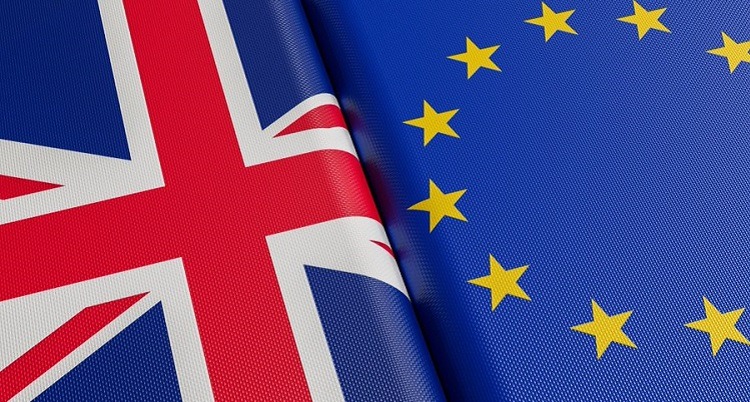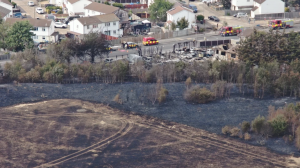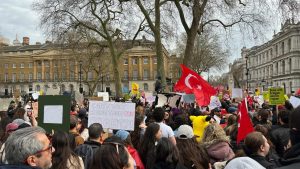UK-EU trade talks resume in London
EU and UK officials have resumed trade talks in London at the start of another key week for the negotiations.
They are trying to bridge what the two sides have said are still significant differences on fishing quotas and competition issues.
Boris Johnson said on Sunday that the “outlines” of an agreement were clear and a deal was “there to be done”.
But he has insisted the UK is prepared to leave the single market and customs union on 31 December without agreement.
The EU’s chief Brexit negotiator Michel Barnier and his UK counterpart Lord Frost are in a race against the clock to conclude a future economic partnership in time for it to come into force when the post-Brexit transition period ends on 31 December.
The UK left the EU on 31 January but continues to follow the bloc’s rules until the end of the year.
If there is no agreement at that point, trade between the two will default to World Trade Organization (WTO) rules – with tariffs set to be introduced on many imports and exports, which could push up costs for firms and consumers.
Both sides say they want to avoid this although the EU has said it will not do a deal “at any price”.
The UK has said it is prepared to accept what it calls “Australian terms” – which it conceives as limited sector-by-sector agreements mirroring those the EU currently has with Australia. But it would mean the UK would largely be trading on WTO rules.
Mr Johnson told the Associated Press on Sunday that a more comprehensive deal on trade in all goods and services, based on the EU’s agreement with Canada, was “there to be done”.
“I’ve always been a great enthusiast for a trade deal with our European friends and partners,” he said.”The broad outlines are pretty clear, we just need to get on and do it if we can.”
Following a phone call with Mr Johnson on Saturday, European Commission President Ursula von der Leyen said some progress had been made in recent weeks after the EU agreed to discuss specific legal texts.
But she said “large differences” remained over the question of access to British fishing waters from 2021 and regulations on workers’ rights, environmental protection, and state aid designed to maintain a “level-playing field”.









